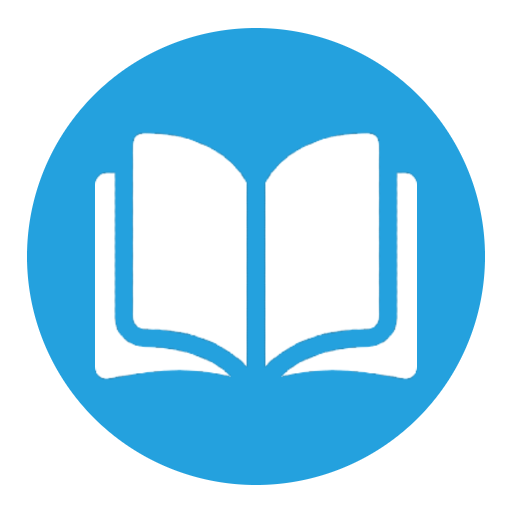Are you curious about the world of programming but don’t know where to begin? Whether you want to build websites, develop apps, or automate everyday tasks, programming is a skill that opens countless doors. Here’s a clear and practical guide to help you start your journey in coding — even if you’ve never written a single line of code.
1. Understand Why You Want to Learn
Before anything else, ask yourself:
Why do I want to learn programming?
- Do you want to build websites?
- Create mobile apps?
- Automate your work tasks?
- Start a tech career?
Knowing your “why” will help you choose the right language and path to follow.
2. Pick the Right Programming Language
You don’t need to learn everything at once. Start with one beginner-friendly language based on your goals:
- Python – great for beginners, data science, AI, and automation.
- JavaScript – essential for web development.
- C# or Java – ideal for app and game development.
- Scratch – perfect for younger learners or visual thinkers.
Focus on one language, and stick with it for a while.
3. Use Interactive Learning Platforms
Start coding with hands-on practice. These platforms are beginner-friendly and fun:
- freeCodeCamp.org – Full free curriculum for web development.
- Codecademy – Interactive lessons in multiple languages.
- W3Schools – Simple tutorials for web languages.
4. Build Real Projects (Even Small Ones)
Theory is important, but building is what makes it real.
Try:
- A calculator
- A to-do list app
- A personal website or blog
- A mini game like Tic-Tac-Toe
Each project helps solidify your understanding and boosts confidence.
5. Learn to Use Google and Stack Overflow
All developers search for help — it’s part of the process.
Don’t be afraid to Google error messages or questions. Sites like Stack Overflow are lifesavers when you’re stuck.
6. Join a Community
Learning is easier when you’re not alone. Join communities like:
- Reddit’s r/learnprogramming
- GitHub to share and collaborate on projects
Ask questions, share your code, and celebrate your progress.
7. Be Consistent and Stay Curious
You don’t need to code for hours every day. Just start with 20–30 minutes daily, and you’ll make progress. The key is consistency.
Also, keep experimenting. Break things. Try weird ideas. That’s how real learning happens.
Final Thoughts
Programming may seem overwhelming at first, but it’s absolutely learnable. Start small, stay curious, and build things that excite you. Before you know it, you’ll look back and realize just how far you’ve come.
Happy coding!

You can comment below!